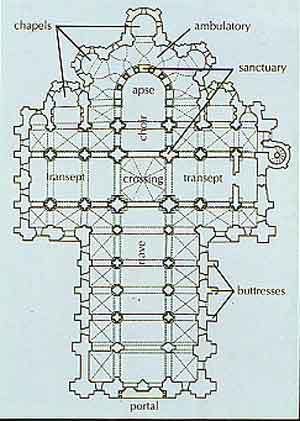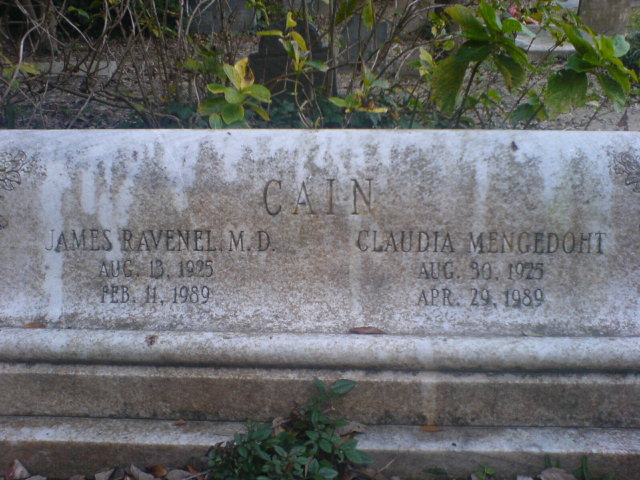Havana (Unfinished)
By
Varo Borja
Papa strode into Caliente with one thing on his fevered brain: Rum. The stock market was in a frenzy, Scribners was being a royal pain in the ass, and Caesarea was singing like some gypsy half-caste dickering with the Devil over the soul of some gente in the hell of the Havana night. Papa had a thirst for something that only Ibrahim’s intoxicants and a night with Marieta could cure.
Papa weighed in at a sturdy 230lbs., mostly muscle but with the bulge of a Bon Viveur and the salt and pepper beard of a man in his mid forties. He was clad in a pair of khakis sent to him by his aging mother in Michigan, a flowery print shirt that exposed a luxuriant swath of chest hair, and a pair of rope soled shoes that he had taken from a dead Partisan in the Andalusian highlands back in ’37. The kicker to this ensemble, which was visible to all present, was the silver .38 caliber Colt revolver complete with Ivory grips courtesy of an old Berber pirate that Papa had met in Madagascar and bested in a game of Russian roulette. Papa stood a good head taller than anyone else in the crowd, but he was a favorite at Caliente. He spent his money well and with mucho gusto, and he rarely made any messes that the staff couldn’t clean up. Ibrahim, the club owner met Papa two paces from the bar and snapped his fingers for a bottle of his finest concoction.
“Como ethta Uthted, Padre? How ith it chu na come see uth por doth themanaths? Chu working on another, como thi dice, boooook?” said Ibrahim in a thick Cuban accent infused with a false hint of Toledo or Seville.
“Buena noche, Ibrahim. I see you’ve got my poison. I want the table in the back, muy rapido. Comprende?”
“Thiiii, thi.” Ibrahim was a host who knew his customers well, especially the big spenders like Papa, and he hurriedly ushered Papa to the back table shielded by palm fronds and out of the lights that made the grease paint on Caesarea’s face shine like the Moorish moon over Madrid. Ibrahim, who was the antihesis of Papa, stood only 5’5” and was openly homosexual. He wore only white silk, single-breasted suits and white velvet penny loafers with a gold coin from old Iberia inserted in each. He smoked from an ivory cigarette holder inlaid with gold, and spoke with a slight lisp so everyone who didn’t know him as well as Papa would mistake him for a Spaniard. Once Papa was seated and made as comfortable as possible, Ibrahim whistled through his two, slightly set apart, gold capped front teeth for Marieta Bonita.
Marieta was mas fina.
Marieta was muy bonita.
Marieta was magnifico,
And Marieta was in love with Diego.
She strolled across the floor like a tan and ebony fox, swaying slightly to the rhythm of the pulsating drumbeat, stopping hearts and breaking necks for a view of her languid loveliness. She was dressed only in a tight fitting linen skirt and a sleeveless, black silk blouse, and Papa’s throat became thick and hoarse at the sight of her. Ibrahim rubbed his hands together and grinned like a gilt gaucho of only the finest stock. He fingered Marieta’s long, jet black hair and snickered like an impish pimp.
“Thee eth muy guapa, no? Chu like thu thit with theeeeenor Padre, mi Marieta Bonita?”
“Si, Ibrahim,” said Marieta with a look of disdain in her honey flecked and amber eyes.
“Bueno, bueeeeeno. Chu lie theeenor Padre, Marieta? Chu treat heeeem ryyyye?”
“Si, Ibrahim,” Marieta was looking at the shoes that her peasant father had made with his own two hands before he had disappeared last December. A tear started to form in the corner of her eye, but it was visible only to Papa and not to her master with the still smoking butt of a Turkish cigarette smoldering in his ivory holder like the dying embers of Marieta’s self respect.
“Bugger off, Ibrahim. Chinga te, and VAMONOS,” said Papa as he cordially took Marieta’s hand and with a reassuring smile kissed it gently and offered her one of the three white wicker seats at the table.
With a bow and a twinkle in his eye, Ibrahim scurried away to chastise the Jamaican bartender for his over zealous distribution of Scotch to a pair of rowdy looking Marines, leaving Papa and Marieta to discuss whatever they wished. Papa gazed hungrily at Marieta, who looked away from him and towards the shadows, trying to hide her tears from the man who had been her benefactor and sometime lover for the past year and a half. Papa knew she loved another. Hell, he was twice her age and more, but she certainly was the most beautiful girl he had ever laid eyes upon, and as he drank Ibrahim’s rum with more force than most men half his age could muster, he began to yearn for her more than for life itself. The band, with the overweight, octogenarian songstress Caesarea Magdalena at the forefront, had segued into a heartrending ballad that brought tears to eyes of the most sober of patrons, and left the more lascivious listeners melting in their liquor. Papa cursed himself inwardly for his lust. He was a married man with two children and he was a public icon to boot. His last novel had sold over 300,000 copies; a statistic in which he took much pride, but he knew his powers were failing. He had always sought after the one, true sentence. One shining example for the entire world to see. He couldn’t measure up. A certain critic, he knew, carried his last novel, and the brilliant marketing of Scribner and Sons had pulled off the miracle that he had failed to conjure up with his old Burroughs typewriter. He needed inspiration, and he had found it. In Marieta Bonita. He was using the time he spent with her to inadvertently boost the morale and rally the troops in his brain for one last, apocalyptic battle with the bastards who said he would never attain the pinnacle, the golden fleece of every writer’s career: the Nobel Prize.


 The Romanesque Period
The Romanesque Period 